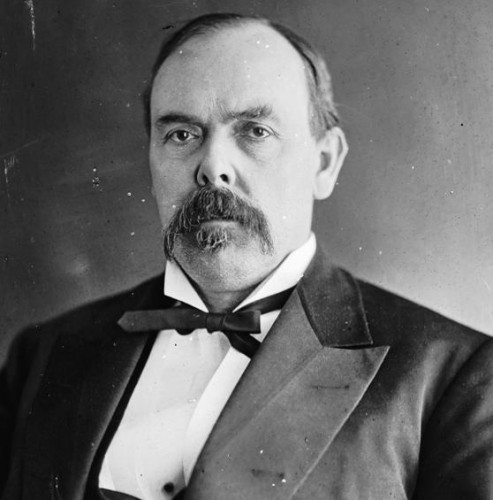[Readers needing background may refer to the first member of this series, Don’t Panic: Against the Spirit of the Age, posted last month. This post, unlike that one, was hastily written due to time constraints involving, perhaps ironically, international travel to a Third World country.]
Constructive foreword: suggested case studies in disruption are the Chicago blizzard of 1/13-14/1979 (~3 million commuters immobilized) and the Milwaukee Cryptosporidiosis outbreak of 3/23-4/8/1993 (~400k residents sickened simultaneously).
Thesis: I argue that, at least with Ebola, inept and overwrought responses pose far greater risks to American society than the disease itself. With regard to managing the risks associated with Ebola in the US, it is vital that we identify easily disrupted institutions and design our processes intelligently to avoid creating bottlenecks, mostly by resisting the urge to overreact; likely candidates include …
